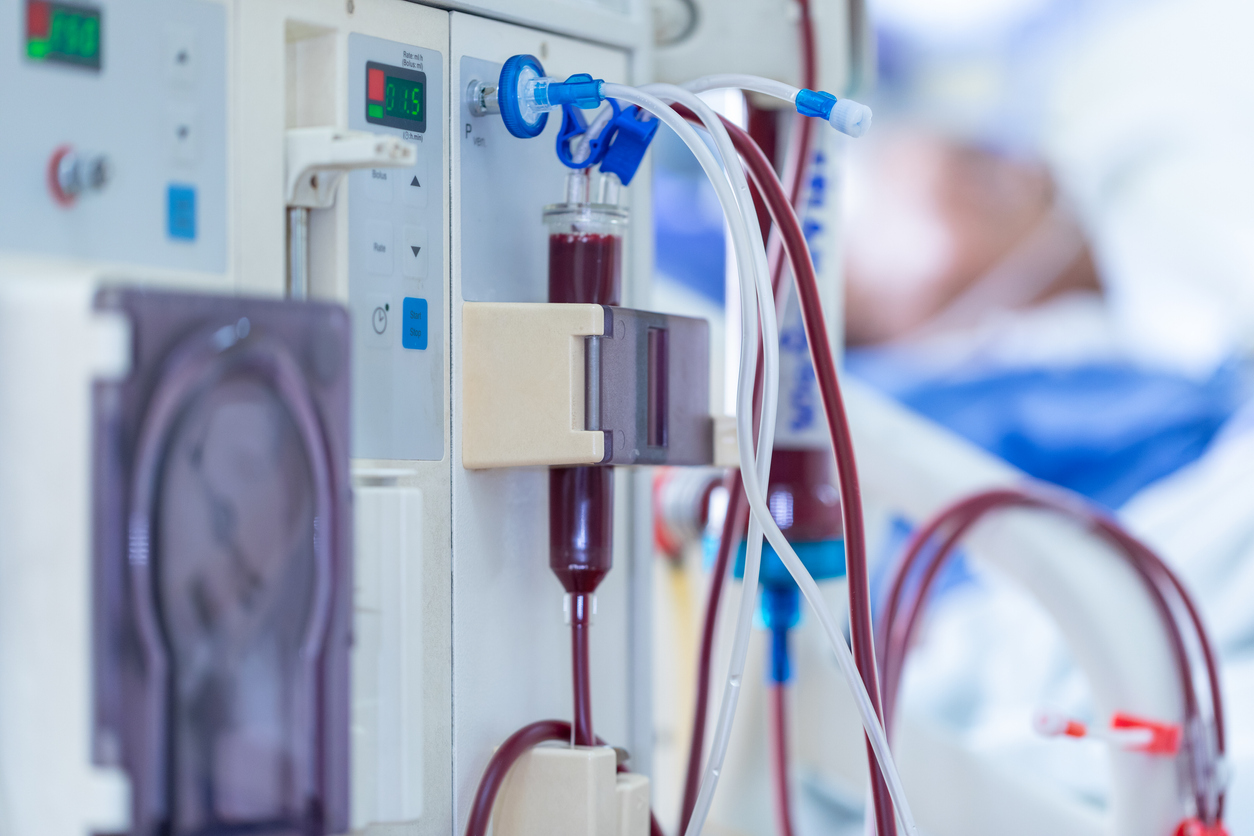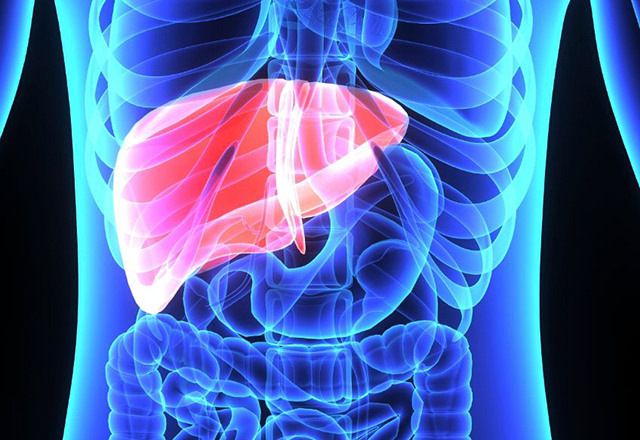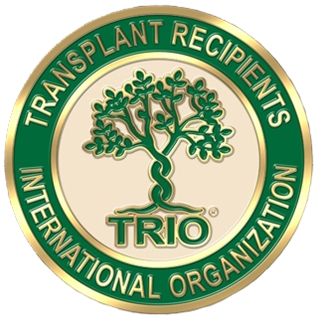“Trial compared calcium-based vs non-calcium-based binders.
Non-calcium-based phosphate binders weren’t any better at reducing cardiovascular events than calcium-based binders in dialysis patients, the LANDMARK trial determined.
In the open-label randomized trial of over 2,300 Japanese patients on hemodialysis, there were no significant differences in composite cardiovascular events between the lanthanum carbonate group versus the calcium carbonate group (HR 1.11, 95% CI 0.88-1.41, P=0.37), reported Hiroaki Ogata, MD, of Showa University Northern Yokohama Hospital in Kanagawa, Japan, and colleagues.”
Read more, here.






